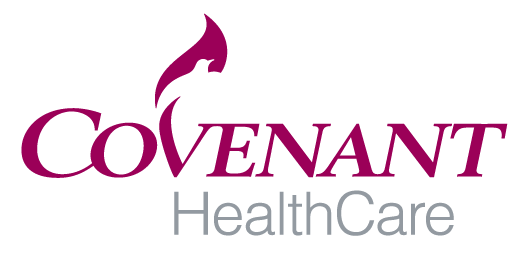Integrated workflows ease staff burden and satisfy regulatory mandates.
Covenant HealthCare Expands Use of AI to Reduce Medication History Errors by 89%
When the Coronavirus Pandemic Limited In-Person Interviews, Technology Filled in the Gaps
When the Coronavirus Pandemic Limited In-Person Interviews, Technology Filled in the Gaps


Saginaw, Michigan
643 acute care beds
20+ inpatient and outpatient facilities
4,400+ employees
560+ physicians
EHR: Epic
When the coronavirus pandemic hit Michigan in the spring of 2020, pharmacy leaders at Covenant HealthCare realized they needed a new patient intake process. It was vital to gather medication history from patients arriving at the Emergency Department (ED) to avoid adverse drug events (ADEs), but in-person interviews by pharmacists would risk exposing staff and patients to the virus.
The Challenge
A few years before the COVID-19 crisis, Covenant had integrated DrFirst’s medication history and clinical-grade AI in its Epic electronic health record (EHR) system to receive prescription fill data and infer missing prescription instructions (known as sigs). First, pharmacy technicians would conduct face-to-face interviews with patients in the ED to gather information about their current medications and medication histories, then they would use medication history and clinical-grade AI to fill in any gaps.
Fast forward to 2020, when 65 to 70 patients started arriving in the ED every day. Many patients were presenting with a high level of acuity at a time when the hospital needed to preserve personal protective equipment (PPE) and prevent virus transmission, making in-person interviews unrealistic.
“When the pandemic first hit our region, clinical and pharmacy leaders were faced with a dilemma: we could either stop offering the medication review service or we could modify our workflow,” said Rebecca Sulfridge, Pharm.D., Clinical Pharmacist Specialist in the Emergency Department at Covenant HealthCare. “The first option was not viable for us, so we decided to pull the pharmacy technicians out of the room and eliminate the face-to-face component of the workflow, instead relying on the DrFirst technology.”
The Solution
Covenant turned to the DrFirst medication history solution with clinical-grade AI to gather comprehensive medication history data from multiple sources (including local and independent pharmacies), clean the data, include essential prescription instructions (sigs), and import the data into its Epic EHR. Clinical-grade AI analyzes data inconsistencies and gaps in medication records. It uses natural language processing and machine learning to clinically and safely infer incomplete and missing medication details and directions, and codify the free-text information into discrete data elements that any system can understand, without manual intervention. Clinicians use the information for medication reconciliation, which The Joint Commission requires every time a patient is admitted, transferred, or discharged from a healthcare facility.
“We are spending less time reconciling medication histories manually while improving patient safety and outcomes,” said Sulfridge. “This is especially helpful during the COVID-19 pandemic, when we are trying to minimize any additional patient risks and protect staff from unnecessary face-to-face exposure.”
The Results
Using medication history and clinical-grade AI, staff can import a more complete medication history into the patient record, reduce the risk of accidental medication errors, and improve productivity. Following are some of the results Covenant realized by switching from manual medication reconciliation to a digital, AI-driven process.
| BEFORE | AFTER | RESULT | |
| Access to Data | 65% of medications were missing sigs | 93% sig accuracy |
1,430 hours saved (due to less manual entry and confirmation of history) |
| Error Reduction | 5.4 errors per patient | 0.55% errors per patient | 89.2% reduction in errors |
| Productivity | 21 medication reconciliations per shift | 28 medication reconciliations per shift | 33% gain in productivity |
| Return on Investment |
$309,000 total labor cost for additional ED pharmacy staff $6.7M saved per year due to avoided medication errors |
||
“With clinical-grade AI, we saw a 14% gain in our throughput, and our sig accuracy is at 93%. I have been doing this [work] going on six years, and if you would have told me six years ago we would have 93% accuracy from a database for home medications, I would have probably looked at you like you were a little bit nuts.”
— Rebecca Sulfridge, Pharm.D., Clinical Pharmacist Specialist Emergency Medicine, Covenant HealthCare
Learn More
What To Read Next
1 Rosen OZ, Fridman R, Rosen BT, Shane R, Pevnick JM. Medication adherence as a predictor of 30-day hospital readmis- sions. Patient Prefer Adherence. 2017;11:801-810. https://doi.org/10.2147/PPA.S125672
2 Society of Hospital Medicine, Safer medication management for better transition of care. https://www.hospitalmedicine.
org/clinical-topics/medication-reconciliation

